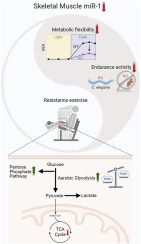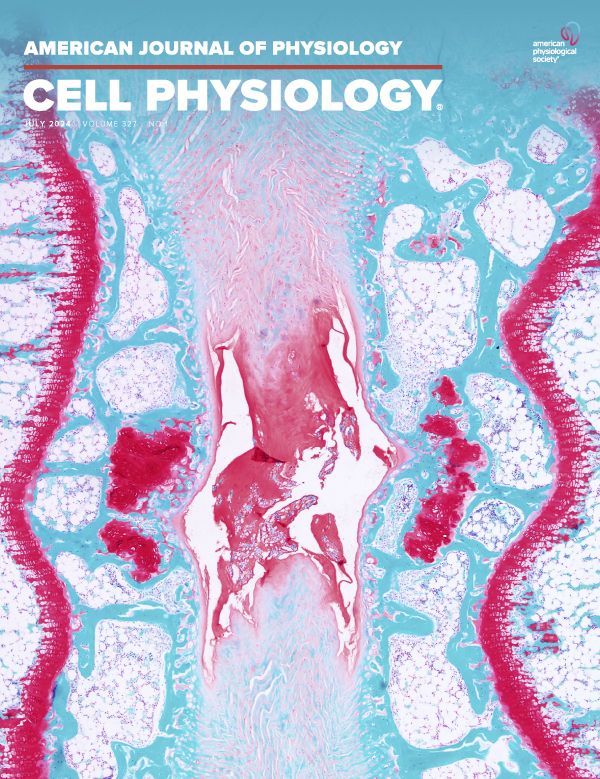
#diabetes #heart #cardiac
#CardiacAutonomics #Diabetes #Circadian #Physiology #CardioSky
www.heartrhythmjournal.com/action/showP...

#diabetes #heart #cardiac
eppro02.ativ.me/web/index.ph...
#heart #CardioSky

eppro02.ativ.me/web/index.ph...
#heart #CardioSky


#IonChannels #Circadian #CardioSky #Arrhythmias #Physiology


www.sciencedirect.com/science/arti...
#Science #Physiology

www.sciencedirect.com/science/arti...
#Science #Physiology
Seeking 🤯 research on ANS regulation 💥
• Molecular mechanisms
• Disease interventions
• Signal transduction
• Therapeutic approaches
• Organ function
Please repost!
journals.physiology.org/ajpcell/cfp-...

Seeking 🤯 research on ANS regulation 💥
• Molecular mechanisms
• Disease interventions
• Signal transduction
• Therapeutic approaches
• Organ function
Please repost!
journals.physiology.org/ajpcell/cfp-...
www.nature.com/articles/s42...

www.nature.com/articles/s42...

